As an HR leader, you’ve likely noticed that the day-to-day has become more demanding than ever. Your team is juggling talent shortages, dealing with endless administrative tasks, and facing sky-high expectations from both candidates and employees. It’s no wonder most HR professionals feel as though they’re constantly playing catch-up.
This is where Agentic AI is transforming how everyday work gets done in the human resources department. These autonomous AI systems can act as recruitment AI agents that source candidates, conduct interviews, manage onboarding tasks, and automate HR processes, without human supervision. This shift is already showing up in the numbers. Gartner reports that AI adoption in HR has climbed from 19% in 2023 to 61% in 2025.
But the real opportunity isn’t simply efficiency. Agentic AI gives HR leaders space to rethink how their function operates. By handing over repetitive, time-consuming tasks to autonomous AI systems, HR teams can spend more time on the human side of the job, such as coaching, problem-solving, culture-building, and decision-making that genuinely shape the employee experience.
In this blog, we’ll look at the challenges Agentic AI is solving in HR, walk through the most practical use cases, and share real-world examples of how forward-thinking organisations are already using it to reshape their HR strategies.
What HR leaders need to know (The TL;DR)
- Agentic AI goes far beyond basic automation. Autonomous HR agents that can run entire workflows, from sourcing candidates to handling employee queries.
- Look for areas with the biggest win - Agentic AI for recruiting, sourcing candidates, and employee onboarding cuts time-to-hire and reduces admin.
- Keep human-in-the-loop. Agentic AI works best when HR teams stay in control, redesign processes, and use AI as a strategic partner, not a replacement for judgment.
- The impact is already proven. Real-world examples from enterprises like AMD and a global bank show that Agentic AI reduces resolution times and improves employee satisfaction.
What is Agentic AI in HR
Agentic AI in HR refers to intelligent, autonomous systems that can understand HR-related tasks, make decisions, and take action across the employee lifecycle. Rather than automating individual steps, these systems are capable of running entire HR-related workflows end-to-end, such as talent acquisition, employee support, payroll management, and performance management.
At its core, Agentic AI is powered by large language models (LLMs) and advanced machine learning. This allows it to interpret natural language, respond to queries, reason through scenarios, and adapt when new information comes in.
In an HR setting, Agentic AI typically supports functions such as:
- Employee support: answering policy questions, guiding new hires through onboarding, and assisting with day-to-day requests.
- AI in talent acquisition: source candidates, review CVs, schedule interviews, and support the overall AI in the recruitment process, essentially AI for recruitment at scale.
- People operations: managing payroll checks, updating records, ensuring compliance tasks stay on track.
- Workforce insight: analysing people data to surface risks, trends, and recommendations.
Together, these capabilities show how Agentic AI underpins modern HR AI solutions, especially where organisations want to scale support and recruitment without growing headcount.
Why is Agentic AI in HR a game-changer?
Agentic AI is reshaping HR because it addresses the very real pressures HR teams face every day. It lightens that load so the function can focus on what truly matters, using intelligent automation to automate HR processes that previously absorbed hours of manual effort. Agentic AI helps lighten that load by:
1. Bringing meaningful efficiency
HR teams spend a surprising amount of time handling routine tasks, like processing requests, updating employee data, coordinating interviews, chasing approvals, the sort of work that’s essential but not exactly strategic.
Agentic AI can take on much of this operational effort autonomously, keeping processes moving without the need for constant human intervention. For many organisations, this translates to substantial time savings and lower administrative costs, freeing HR professionals to focus on work that genuinely requires their expertise.
2. Improving accuracy and consistency
Whether it’s screening candidates, validating payroll data, or supporting compliance, small errors can create big headaches. Agentic AI systems can analyse information at scale and follow procedures with a level of precision that reduces the risk of mistakes. This not only supports better decision-making but also helps maintain trust across the workforce.
3. Elevating the employee experience
With AI managing the routine tasks, HR teams can spend more time on the human side of the job, such as coaching, development, well-being, and culture. At the same time, employees benefit from immediate support through AI-powered assistants that can answer questions, guide them through processes, and offer personalised recommendations around learning, benefits, and career growth.
4. Makes HR more strategic
As organisations navigate skill shortages and evolving talent expectations, HR is being asked to lead in new ways. Agentic AI provides the operational backbone that allows HR leaders to step confidently into that strategic space, shaping workforce plans, designing future-ready talent models, and strengthening the overall employee experience.
5. Reducing overhead costs
Agentic AI in HR reduces overhead costs by minimising the need for manual data entry, paperwork, and other repetitive tasks. AI-driven efficiencies lead to savings in recruitment, performance reviews, onboarding, data management, and other HR operations.
Top use cases of Agentic AI in HR
Now that you know why agentic AI in HR is important, let's dig into the top use cases where leaders are using it.
Use Case 1: Automated candidate sourcing and screening
Recruitment AI agents can scan job boards, talent networks, and internal databases to identify strong matches within minutes. Agentic AI in the recruitment process dramatically reduces time spent on early-stage screening and ensures a consistently fair approach.
Agentic AI in HR can help managers with:
- Intelligent Candidate Sourcing - Uses AI for sourcing candidates across job boards, social networks, ATS databases, and talent pools to surface role-fit candidates automatically.
- Resume Parsing - Extracts skills, experience, qualifications, and achievements from CVs and matches them against job criteria.
- AI-led Job Matching - Uses skill graphs and semantic matching to identify hidden or non-obvious talent that manual screening might miss.
- Candidate Communication - Sends personalised updates, answers queries, acknowledges applications, and keeps candidates informed at each stage.
- Interview Scheduling - Coordinates calendars, proposes times, sends reminders, and manages rescheduling without human involvement.
- Automated Background Checks - Gathers and verifies employment history, education, certification, and compliance records from trusted sources.
Use Case 2: End-to-end onboarding assistance
Onboarding often breaks down due to missed steps or delays. Agentic AI for employee onboarding ensures a smooth, structured experience and starts managing workflows from the moment a candidate accepts an offer.
Agentic AI in HR can help managers with:
- Document Distribution & Tracking - Sends contracts, policy documents, and forms; tracks completion; sends friendly nudges when something is pending.
- Interactive Onboarding Assistant - Guides new hires through setup tasks, such as IT access, payroll forms, and learning modules, by answering questions in real time.
- Task Orchestration - Coordinates tasks across HR, IT, facilities, and managers, ensuring nothing falls through the cracks.
- Role-Based Onboarding Journeys - Tailors onboarding workflows based on department, seniority, location, and skills required.
- Early Engagement Analytics - Reviews new-hire engagement signals and flags potential drop-off risks during the first 60-90 days.
Use Case 3: Benefits, leave, and payroll support
Administrative questions make up a massive percentage of HR queries. AI agents can answer employee queries about benefits, holidays, sick leave, or payroll instantly, without HR involvement. Agentic AI in HR can help employees with:
- Benefits Enrolment & Changes - Helps employees compare options, complete enrolment, and update records automatically.
- Real-Time Payroll Support - Explains payslips, overtime calculations, deductions, reimbursements, and bonuses with simple, jargon-free responses.
- Leave Requests & Approvals - Guides employees through policy rules, checks balances, submits requests, and nudges managers for approvals.
- Policy Lookup & Explanation - Breaks down benefits eligibility, wellness perks, pension rules, and flexible working policies into easy-to-understand answers.
Use Case 4: Always-on employee helpdesk
Agentic AI acts as a 24/7 AI HR assistant, accessible to every employee. They answer policy questions, guide employees through workflows, and resolve everyday issues instantly. Agentic AI in HR can help employees with:
- Instant Q&A Support - Answers thousands of questions about policies, pay, holidays, claims, workplace processes, and more.
- Guided Workflows - Walks employees through common tasks like expense submission, benefit claims, or policy updates.
- Multi-Channel Access - Accessible via chat, mobile, intranet, email, or collaboration tools like Teams or Slack.
- Sentiment Monitoring - Identifies patterns in queries that may indicate morale issues or emerging hotspots.
Use Case 5: Personalised learning & skill development
Agentic AI analyses an employee’s role, skill gaps, performance data, and career goals to recommend tailored learning journeys. It can enrol employees in courses, track progress, and adjust recommendations as they develop. Agentic AI in HR can help employees with:
- Tailored Learning Plans - Matches employees with courses, certifications, and resources aligned to their skill gaps.
- Adaptive Learning Paths - Adjusts recommendations based on employee progress and performance feedback.
- Training Management - Schedules learning sessions, tracks completion, and assesses training effectiveness.
- Development Reporting - Provides insights into skill trends, learning uptake, and capability gaps.
Use Case 6: Performance reviews and goal management
Agentic AI simplifies, structures, and improves the quality of performance processes. They can suggest goals based on role expectations and performance data. Agentic AI in HR can help managers with:
- Automated Review Scheduling - Sets up review cycles, sends reminders, and ensures deadlines aren’t missed.
- Feedback Collection - Gathers peer feedback, summarises insights, and highlights strengths and development areas.
- Goal Setting & Tracking - Suggests goals based on role competencies, current performance, and business priorities.
- Performance Drafts & Summaries - Generates first drafts of performance reviews for managers to refine.
Use Case 7: Real-time HR data management
HR data management is time-consuming and error-prone. Agentic AI can autonomously update employee profiles, track changes across systems, validate data, and notify HR when discrepancies appear. Agentic AI in HR can help managers with:
- Profile & Records Maintenance - Updates employee details, emergency contacts, compensation changes, role changes, and compliance documentation.
- Compliance & Policy Tracking - Ensures certifications, mandatory training, legal forms, and regulatory documents are completed on time.
- Audit-Ready Reporting - Generates compliance logs, audit summaries, and evidence trails for HR and legal teams.
- Data Validation & Error Detection - Flags inconsistencies across systems and reconciles data automatically.
Use Case 8: Handling sensitive or legal issues
AI agents can provide employees with safe, confidential guidance on areas like workplace concerns, leave policies, grievances, or ethics reporting. They follow compliant response templates and escalate only when needed. Agentic AI in HR can help managers with:
- Confidential Reporting Assistance - Provides safe channels for raising concerns (harassment, safety, grievances) without fear.
- Compliant, Contextual Responses - Offers legally correct information based on policies and local regulations.
- Automated Workflow Routing - Sends cases to the right HR partner, legal team, or wellbeing adviser based on severity.
- Wellbeing Resource Guidance - Directs employees to mental health support, EAP programmes, or wellness initiatives.
Real-world success stories of Agentic AI in HR
Real-world examples from enterprises like AMD and a global bank show that Agentic AI can reduce resolution times and boost employee satisfaction, all while keeping HR teams lean and focused on strategic work.
Case study 1 : How AMD transformed HR with Agentic AI
AMD, a global leader in high-performance computing and AI, needed a more scalable way to support its 30,000-strong workforce. With a small HR helpdesk stretched across regions and time zones, the company was looking for a solution that could improve responsiveness, reduce manual workload, and maintain a consistent employee experience worldwide.
As AMD grew, HR teams were overwhelmed by high-volume questions, repetitive administrative tasks, and the need to provide 24/7 support. The traditional helpdesk model made it difficult to keep pace and limited the team’s ability to focus on strategic initiatives.
AMD deployed an Agentic AI HR system capable of delivering fast, accurate, and personalised support at scale. This system:
- Provided unified access to HR information and tasks
- Enabled self-service for common transactions and queries
- Delivered role- and region-specific responses
- Streamlined approvals directly within collaboration tools
- Escalated sensitive issues to HR professionals when needed
The results were immediate and substantial: 80% reduction in HR resolution time, 50% of queries resolved via self-service, and 70% increase in employee satisfaction.
“As a global leader in AI, we saw a clear opportunity to bring leadership in our own workplace. Our work with Kore.ai shows what’s possible when you use AI not to replace people, but to enhance how they work, connect, and lead.”
— Robert Gama, SVP & Chief Human Resources Officer at AMD.
Case study 2 - Leading global bank scales HR support with AI
A leading global financial services institution, with more than 40,000 employees, set out to modernise the way HR support was delivered across its international workforce. With rising employee expectations and a lean HR operations model, the organisation needed a smarter, more scalable way to handle high-volume queries without expanding the HR team.
HR teams were managing tens of thousands of monthly questions across regions, roles, and time zones, everything from payslip queries to policy clarifications. The pressure to respond quickly, accurately, and consistently had become unsustainable.
The bank introduced an Agentic AI-driven HR assistant as the central entry point for all employee support. This system:
- Automated responses to the most frequent HR queries
- Delivered policy-aligned answers in real time
- Provided consistent support across HR portals, mobile, and collaboration tools
- Routed complex or sensitive issues to HR professionals when required
- Rolled out in phases, starting with the highest-volume region to ensure scalability
The results were impressive with a 94% resolution rate for tickets handled by AI, an 83% reduction in HR ticket volume, 0% increase in HR headcount, and consistent support across global channels and regions.
Best practices for using Agentic AI in HR
Implementing Agentic AI in HR isn’t simply about deploying new technology; it’s about reshaping how people and intelligent systems work together. HR leaders who get this right treat agentic AI as a strategic collaborator. The following best practices reflect what forward-thinking organisations are doing to ensure AI delivers meaningful, sustainable value.
1. Keep humans firmly in charge
Even the most advanced AI needs clear human guidance. The organisations that thrive with Agentic AI adopt a “human-in-the-loop” approach, where people remain responsible for setting direction, providing oversight, and making judgment calls, particularly in sensitive areas like hiring, promotions, and well-being. AI may carry out the work, but humans decide the rules, review outputs, and keep the system aligned with the organisation’s values. This balance not only builds trust but also ensures decisions remain ethical, transparent, and fair.
2. Redesign HR Processes to Work With AI, Not Around It
Trying to drop AI into old processes rarely delivers full value. Agentic AI works best when workflows are intentionally redesigned to take advantage of automation, orchestration, and continuous learning. This might involve simplifying approval chains, removing redundant steps, or redefining roles to free employees from repetitive work. When processes are built with AI in mind from the outset, HR teams experience smoother workflows and better overall outcomes.
3. Integrate AI Deeply Into HR Systems and Workflows
AI delivers far more value when it has access to the systems, data, and workflows the organisation already relies on. Rather than working as a standalone tool, Agentic AI should sit at the centre of the HR ecosystem, connected to the HRIS, knowledge bases, collaboration platforms, case management systems, and even external data sources. This level of connectivity gives AI the full context it needs to automate processes and offer richer insights across the employee lifecycle.
4. Tie AI Initiatives to HR and Business Strategy
Agentic AI delivers its strongest impact when it’s connected to the broader goals of the HR function and the business. Instead of automating tasks in isolation, organisations should design AI agents to support strategic outcomes such as improving talent mobility, strengthening onboarding journeys, enhancing learning adoption, or enabling quicker, data-led decision-making. When AI understands the “why” behind the work, it becomes a genuine driver of workforce transformation.
Conclusion
Agentic AI is giving HR teams the breathing room they’ve needed for years. By taking on the repetitive work and keeping everyday processes moving, it allows HR professionals to focus on what they do best, supporting people, strengthening culture, and guiding the organisation forward.
As more organisations embrace intelligent automation, the combination of human judgement and AI-driven support is quickly becoming the new standard. If you’re exploring ways to modernise HR, improve employee experience, or simply lighten the load on your team, now is the perfect time to see what Agentic AI can offer.
Ready to take the next step? Book a personalised demo and discover how Agentic AI can transform your HR function.
FAQs
Q1. How is Agentic AI in HR different from traditional HR automation?
Traditional automation follows predefined rules and can only do what it’s explicitly told. Agentic AI is far more capable. It can interpret language, understand context, make decisions, and take action without waiting for human prompts. This is what makes recruitment AI agents and other HR AI tools so effective, as they can manage entire workflows autonomously rather than automating only one or two steps.
Q2. What challenges does Agentic AI help HR teams overcome?
Agentic AI helps HR teams reduce repetitive admin work, shorten hiring cycles, improve accuracy in payroll and compliance, increase self-service, and support employees around the clock. In talent acquisition, AI for recruiting and AI in the recruitment process help eliminate bottlenecks that slow down hiring. The result is a more efficient HR operation and a better employee experience overall.
Q3. What are the top benefits of using Agentic AI in HR?
Organisations see faster recruitment, more personalised support, fewer manual tasks, improved data accuracy, stronger compliance, and better workforce insights. In particular, the benefits of AI in recruitment include fairer screening, faster shortlists, and a more consistent candidate journey. These advantages make Agentic AI one of the most impactful HR technologies available today.
Q4. What are the key steps to implementing Agentic AI in HR?
Most organisations start by identifying high-volume workflows, such as agentic AI for recruitment automation, onboarding, or helpdesk queries, before preparing clean HR data and integrating AI with core systems. After a pilot phase, the rollout expands into more complex areas like skills development or performance management. A phased approach helps teams build trust and adopt the technology more naturally.
Q5. How does Agentic AI improve the employee experience?
Agentic AI provides instant answers to HR questions, guides employees through tasks, recommends personalised learning, and ensures consistency across regions. Employees benefit from having an always-available AI HR assistant to help with policies, leave requests, onboarding steps, or navigating internal tools. This reduces friction and strengthens trust in HR.
Q6. What kind of ROI can organisations expect from Agentic AI in HR?
Returns vary, but many organisations see major reductions in ticket volume, faster turnaround times, fewer errors, and higher employee satisfaction. For recruitment alone, HR AI solutions can dramatically cut screening time and improve the quality of shortlists. The biggest ROI usually comes from freeing HR teams to focus on strategic work rather than administrative tasks.
Q7. Can Agentic AI help automate my HR processes end-to-end?
Yes. Agentic AI is built to automate HR processes across the employee lifecycle, from sourcing candidates and screening CVs to onboarding, data updates, and performance workflows. When integrated properly, it can manage these tasks autonomously while escalating sensitive cases to humans at the right moments.
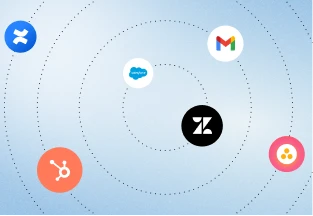
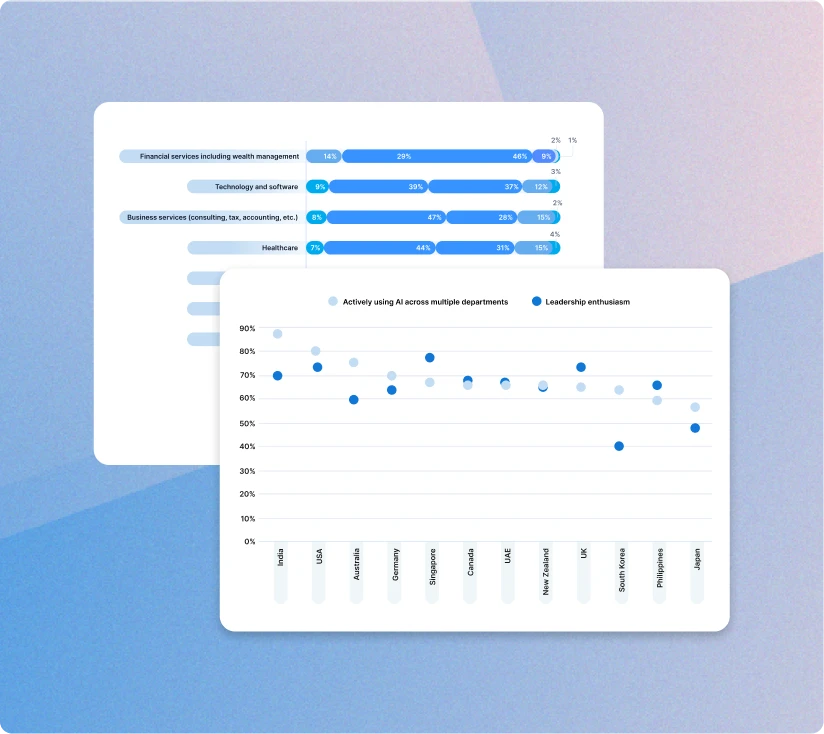


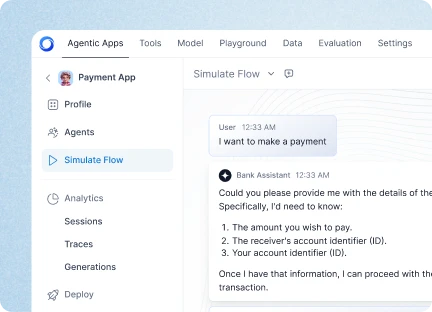
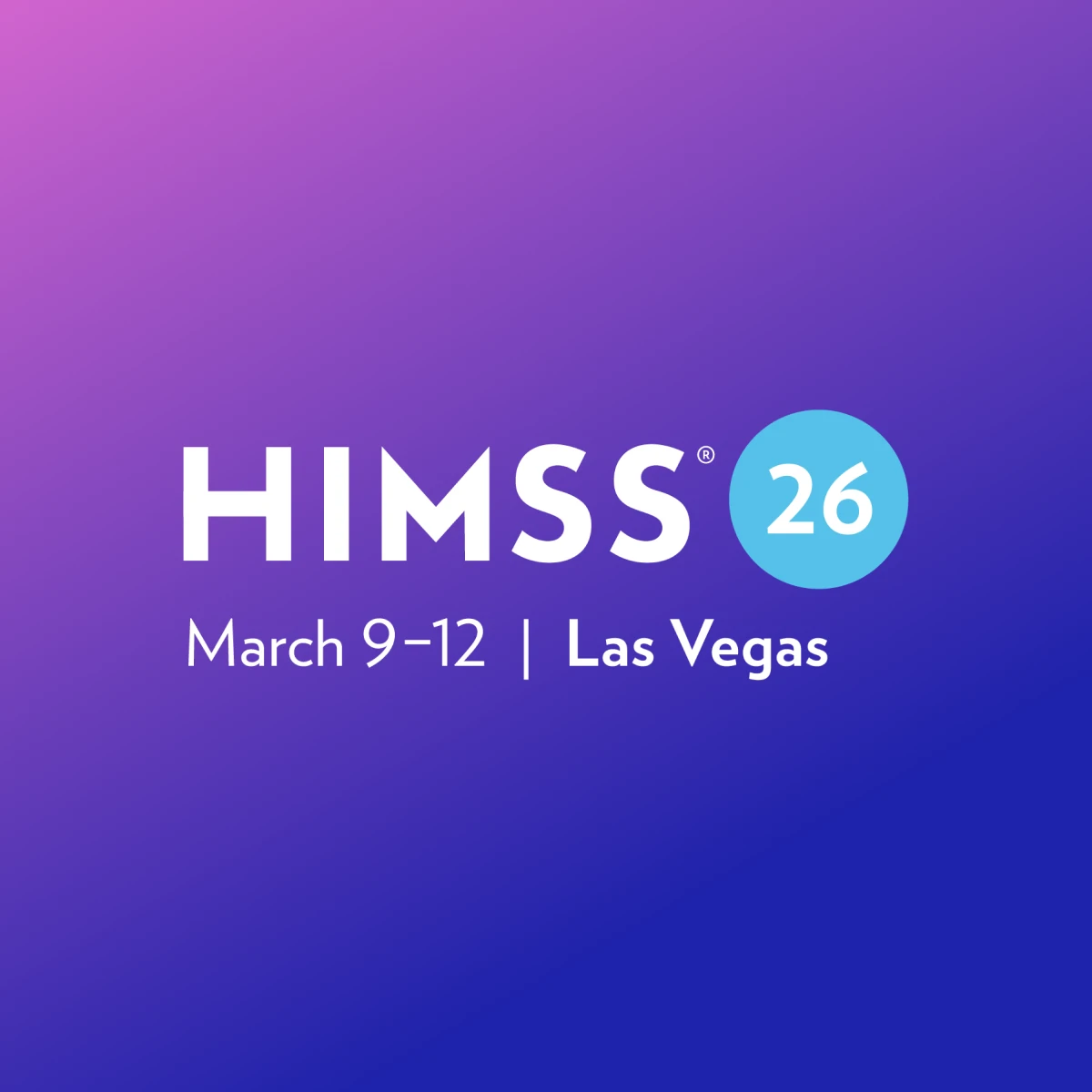

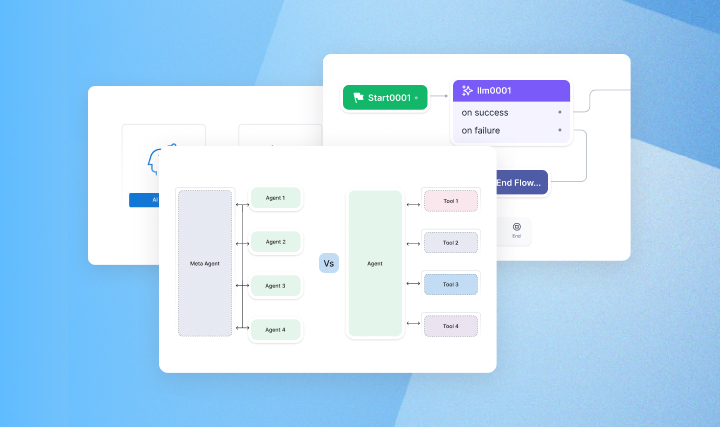

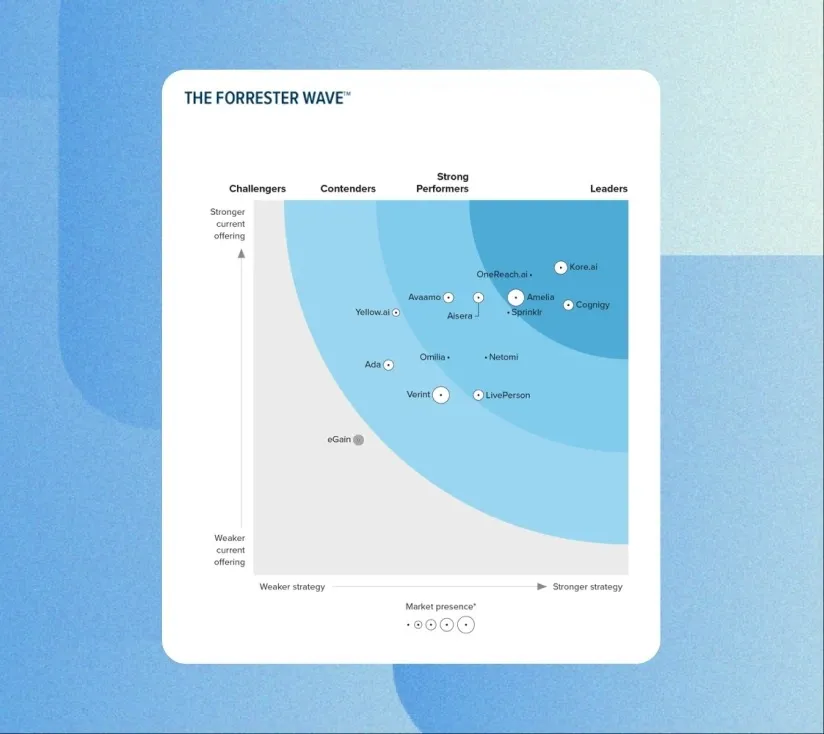


.webp)






